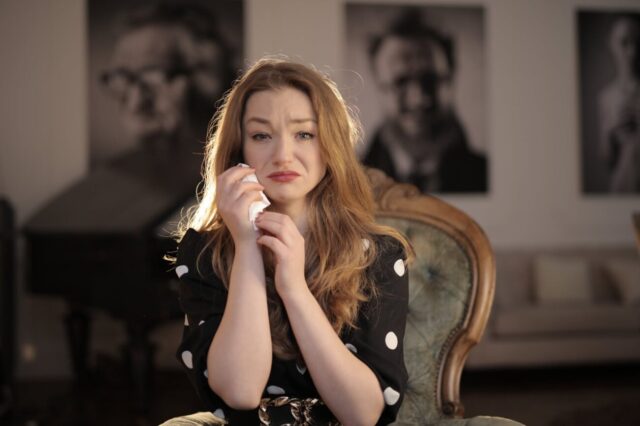
There can be several disorders or diseases that result in hair loss. Hair loss is an indication that there can be a problem that is happening inside your body. One disorder that is related to the changes on the scalp is known as seborrheic dermatitis. This is a common inherited disorder and should be treated continuously and as soon as possible.
Seborrheic dermatitis is also often known as dandruff, eczema or cradle cap. When you have seborrheic dermatitis, you experience a change in the skin texture on your scalp. This will include either greasy or oily areas over the scalp or white flakes that are coming from your scalp. You are also likely to experience itching and redness in the scalp area, and also hair loss.
If you notice any of the above mentioned symptoms, then you may be having seborrheic dermatitis. For treatment, you can use a medicated shampoo for direct application on your scalp. Depending on the shampoo, it will contain a variety of ingredients that will help.
If the medicated shampoo fails to arrest your hair loss and scalp disorder, you can get a prescribed medication from a health care provider in order to get rid of seborrheic dermatitis. These shampoos will contain medications such as salicylic acid, coal tar, zinc, resorcin and selenium. The prescribed medications will have stronger amounts of these ingredients in them, as well as added ketoconazole and corticosteroids. You can also massage your head in order to get the balance in the scalp back to a normal condition. This is especially effective with children who are dealing with seborrheic dermatitis.
While seborrheic dermatitis can easily be treated with the right shampoos and care for the hair, it cannot easily be prevented. Once you have the symptoms, it will be likely that you may get them again. You will need to continue to use the shampoos that have the medication in them and take the necessary measures in order to prevent the problem from coming back.
In addition, make sure that you have an adequate supply of essential vitamins and supplements. As always, a healthy diet helps. Adopt good hair care tips to prevent more hair loss.
If you are having a difficult time from preventing this problem, then you can consult a health care provider about possible treatments. Having an understanding seborrheic dermatitis and knowing how to treat the problem will help you in maintaining a healthy scalp and hair.